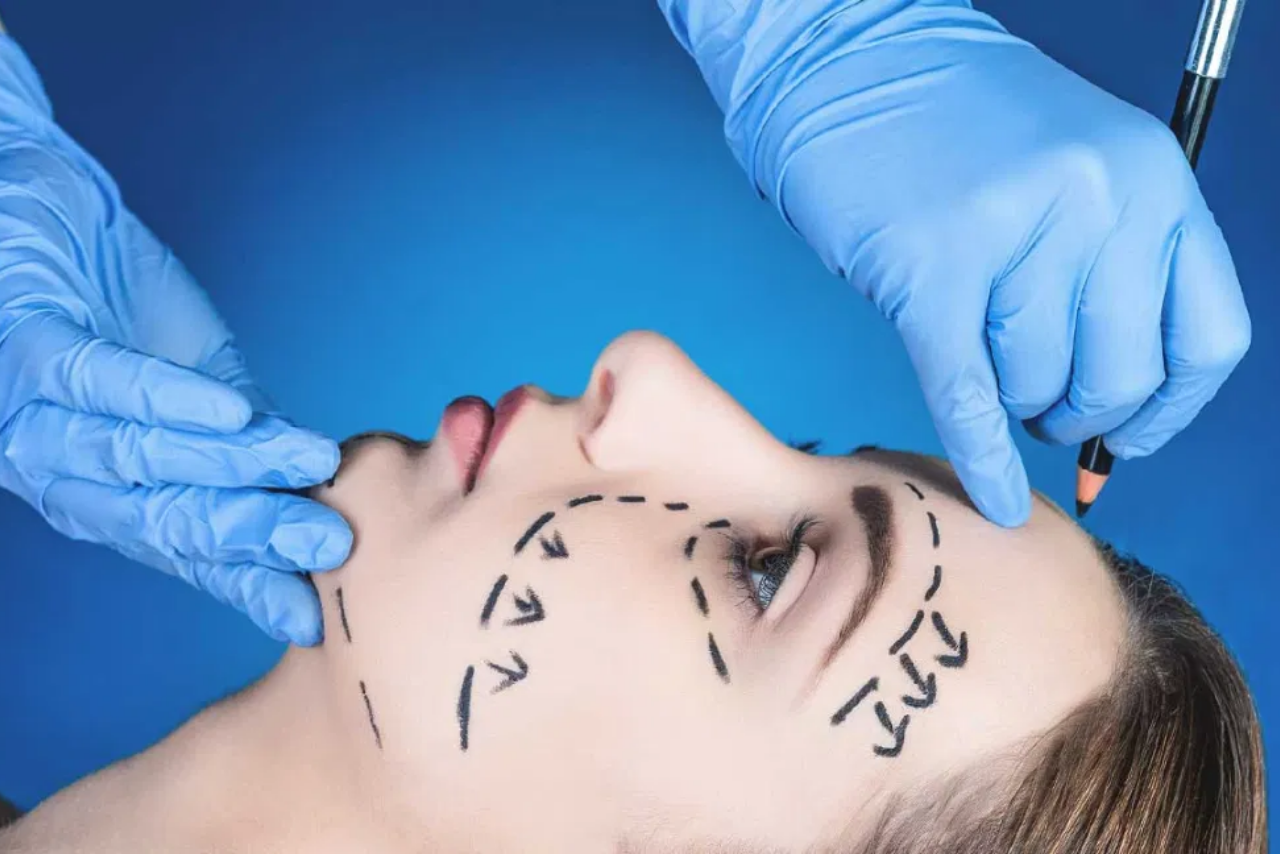Since the late 90s, cosmetic plastic surgery has become incredibly popular, but procedures have been around longer than you might think. Cosmetic surgery was born out of reconfiguring WWI veteran’s faces that had been disfigured in the war. Today aesthetic surgery has become more affordable, safer, and more popular amongst a wide range of people including young adults. The American Society of Plastic Surgeons reports over 15.6 million procedures took place in 2020, with nose reshaping being the most popular procedure. Other common surgical procedures include eyelid surgery, breast augmentation, face lifts, lip injections, liposuction, and the fasted growing procedure today, the Brazilian Butt Lift (BBL), which results in the curvier “coke bottle” figure sought after today.
While there are also surgical procedures that can have positive lifechanging affects like gender affirmation procedures for transgender individuals, plastic surgery can be seen as another multibillion-dollar industry that profits off the insecurities of those wealthy enough to afford these procedures. It is no secret that society promotes standards of attractiveness that are often unattainable for most people. As celebrities are being celebrated for their looks, even the simplest procedures (like lip fillers, nose jobs, and facelifts) are being endorsed to those who want to measure up to the newest appearance ideal. Stories of people’s transitions before and after cosmetic procedures have taken over the internet. Everyone wants to know the best way to make their enhancements look real. One study even found that the desire for cosmetic surgery in young women increased after looking at images of other women who had undergone cosmetic surgery.
When surgical alterations are promoted as “real,” a culture of completely unrealistic and unattainable beauty standards that harms younger media consumers is created. Similar to companies altering images of their models in advertisements, consumers are left chasing an ideal that they can never achieve because it is not real. The pressure to conform to society’s “ideal body” can have a deep impact on individuals in the form of negative body image, low self-esteem, and body dissatisfaction. While many of us today can recognize when images online are Photoshopped, it can be difficult to recognize if someone has enhanced their body surgically. If we work to create a society more accepting of diverse bodies, the pressure to pursue an unrealistic standard would diminish.
If you want to learn more about the unrealistic body ideals promoted by our culture and the media, check out options to participate in the Body Project or More than Muscles through Student Counseling Services. If you would like to help others combat these societal standards and feel great about their bodies, consider being a peer facilitator for one of our programs. Visit our website for more information and links to apply.
References:
American Society of Plastic Surgeons. 2020. “Plastic Surgery Statistics Report”
Walker, Candice, Eva Krumhuber, Steven Dayan, and Adrian Furnham. 2019. “Effects of Social Media Use on Desire for Cosmetic Surgery Among Young Women.” Current Psychology 40: 3355-3364

